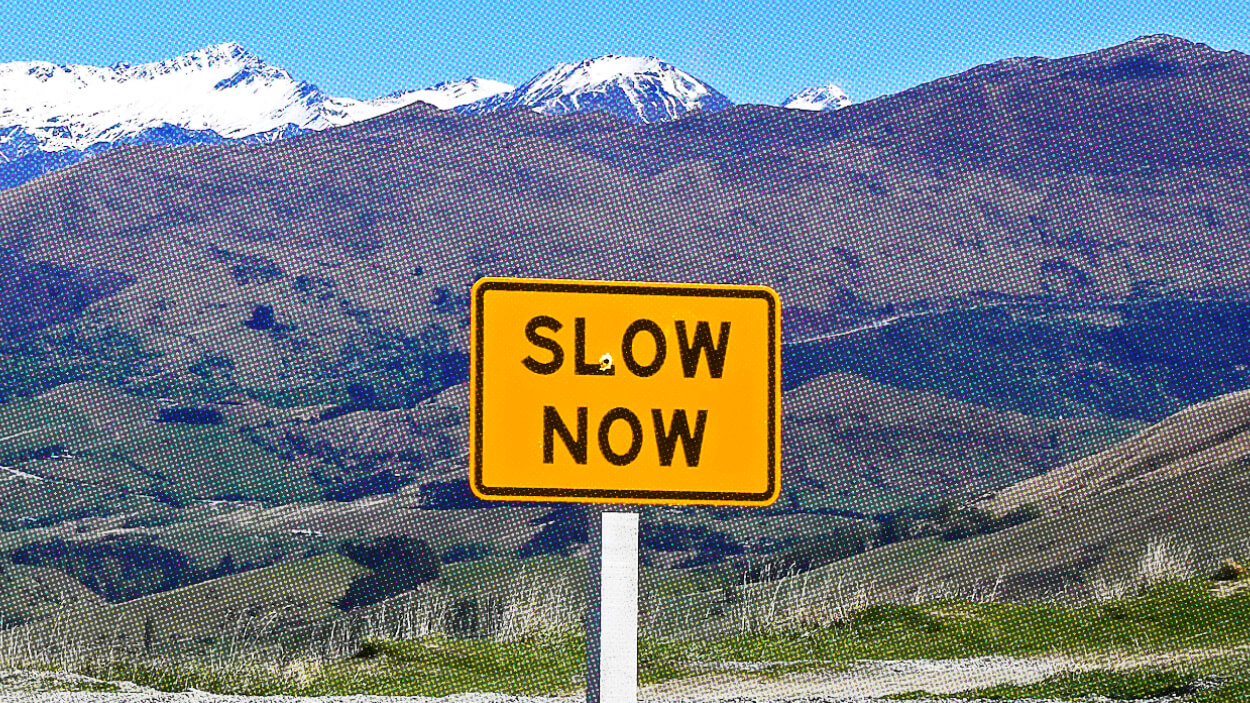Oscar-winning filmmaker James Marsh discusses the moments of inspiration behind his films and emphasizes the importance of trusting your instincts.
James Marsh: When you encounter a story that you personally are gripped by and are surprised by and have elements of transgression, subversion, rebellion, you have to trust that reaction. It’s an instinctive reaction to something that excites you and immediately begins to stimulate other thoughts, other ideas, images, insights.
Curiosity is a big, big part of what I do, if I’m curious about something and I get a story that I think I’m kind of, you know, intrigued by or captivated by. What other questions am I going to have? Will those questions sustain two years of inquiry? And that’s the basis under which I proceed on a film is when I feel that I’ve got so many questions I need to answer that I’ve got to go ahead and do this.
The best example would be the film “Man on Wire.” Immediately when I encountered that story I was overjoyed and had a whole set of emotions that just came throbbing in when I read Philippe’s book, his own account of his walk upon the wire itself. I remember walking around the room in a state of fear, my palms being wet, just by the description of being up on a tightrope at that height in those circumstances. And I remember that reaction was one that I trusted, and I think we all know who work in the realm of ideas when something is irresistible. When it’s irresistible you can’t second guess that impulse.
Going back to your first impulse can keep you going and keep you honest when everything else has got kind of complicated and difficult and there are politics and there are the usual, you know, kind of conflicts you have in any human activity, particularly filmmaking, it would seem.





